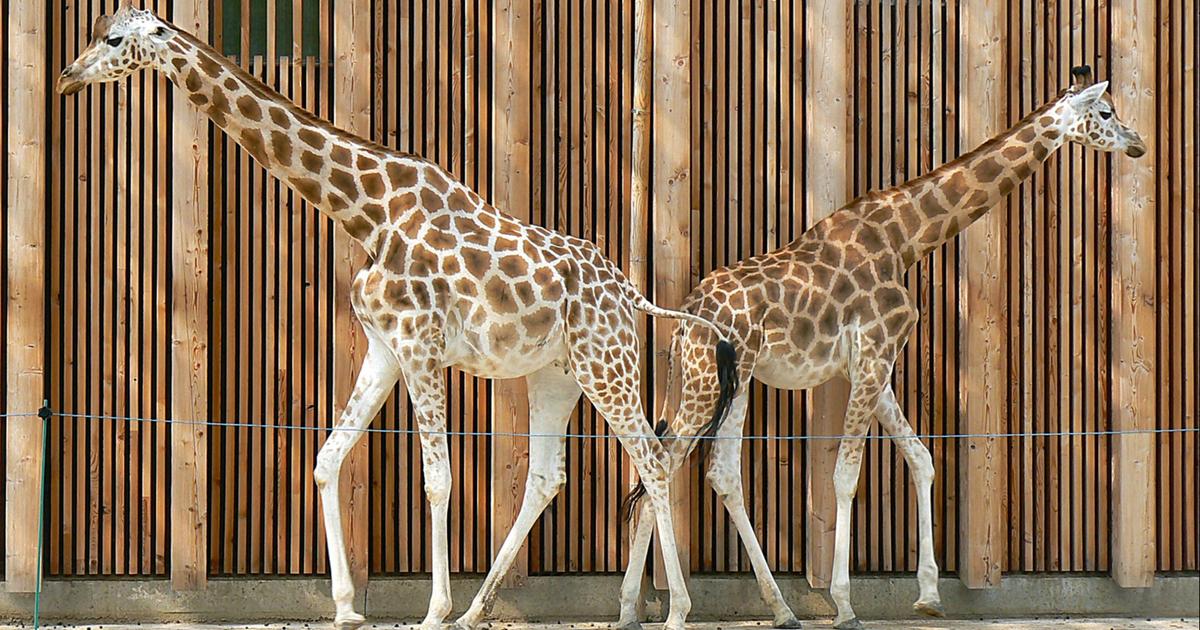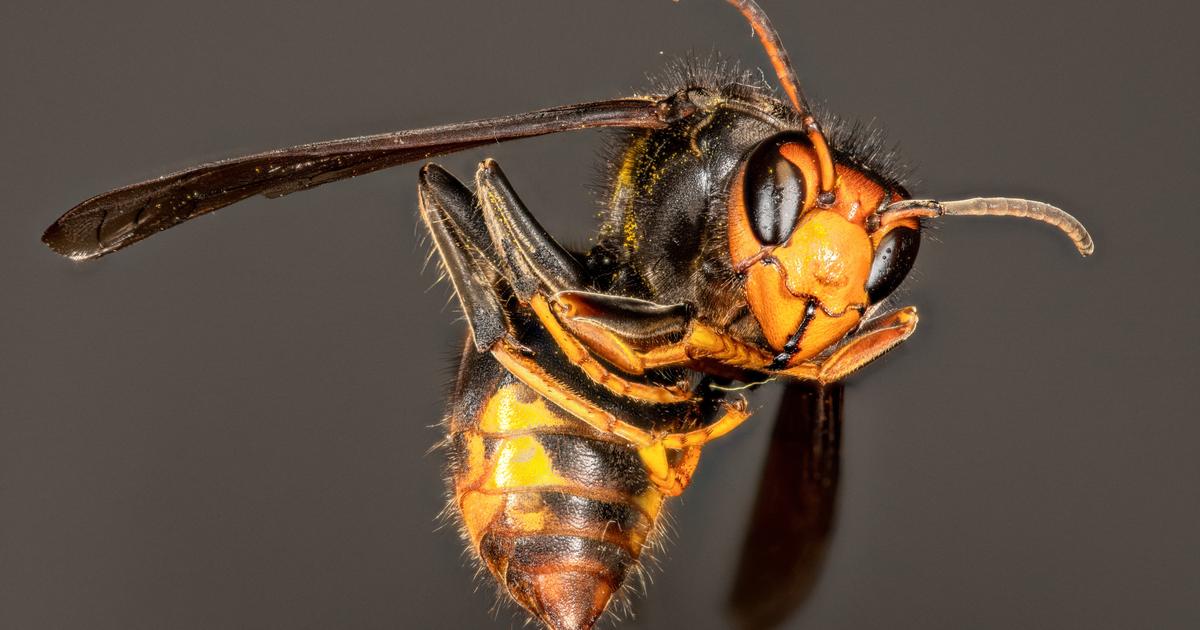Enlarge image
A frog in Tortuguero National Park in Costa Rica
Photo: Getty Images
The amount is almost ridiculously small: Humanity only spends between 78 and 143 billion dollars annually on protecting the natural foundations of life - or in other words: 0.1 percent of global economic output.
This is how the economist Partha Dasgupta from the University of Cambridge calculated it earlier this year.
How the fight against the dramatic loss of species, habitat and the protection of biological diversity (CBD) can still succeed, the contracting states of the UN Convention will now speak in October. At a conference in Kunming, southwest China, they want to decide on a strategy for the next decade. The first draft, which was published on Monday, plans to preserve and protect at least 30 percent of the land and seas that are particularly important for biodiversity by 2030. The aim of the strategy is to "live in harmony with nature" by 2050.
The text of the agreement is to be negotiated further over the summer and decided at the conference.
However, the contracting states have set ambitious goals for themselves and have not adhered to them.
The targets set by 2020 have already been missed, as a major report on the state of biodiversity found that year.
The aim must be that the trends in biodiversity loss at least no longer intensify by 2030, according to the head of the CBD secretariat, Elizabeth Maruma Mrema.
In the following two decades, a recovery of the ecosystem must then be made possible in order to achieve improvements by 2050.
Due to the coronavirus outbreak, the biodiversity conference originally planned in autumn 2020 was postponed to this year.
How the risk of pandemics can also be reduced through nature conservation and the preservation of biological diversity has now been added as an additional topic for the negotiations.
Less plastic waste, less pesticides
The planned framework agreement is intended to enable the 196 contracting states to develop their national and regional action plans and bring their strategies up to date.
The CBD Secretariat demands that the development should be constantly monitored and the progress checked on a global level.
Effective implementation of the framework agreement also required new financial resources.
At least an additional ten billion US dollars a year should be made available to developing countries.
Subsidies and other incentives that harm biodiversity should be diverted or eliminated and reduced by at least $ 500 billion a year, according to the draft.
The 21 goals of the planned global strategy up to 2030 also include a reduction in the use of fertilizers and pesticides and a reduction in plastic waste.
The amount of nutrients released into the environment should be reduced by at least half - the amount of pesticides by two thirds.
One of the long-term goals up to 2050 is to reduce the rate of species extinction very significantly.
There was already criticism of the draft from the environmental organization WWF. The text is not ambitious enough, complained biodiversity expert Florian Titze. "The goals contained therein would not be sufficient to stop species extinction worldwide by 2030," he predicts in the event that the conference does not refine it again. The ecological footprint of consumption and production is not reduced enough. At least halving by 2030 is necessary. This also includes food production, where the draft is "clearly too weak". "The transformation to sustainable economic and financial systems is fundamentally far too little in focus," says Titze. If further investments were made in the destruction of nature on a large scale, even ambitious land protection goals would not help.
Economist Dasgupta also highlighted the important role of the economy in his report in February: According to this, the countries of the world pay around 500 billion dollars in subsidies to exploit and destroy nature: in the area of agriculture, fossil fuels, fishing and fertilizers .
And every year.
It is exactly the number that is now in the draft for the Kunming talks.
chs / dpa









